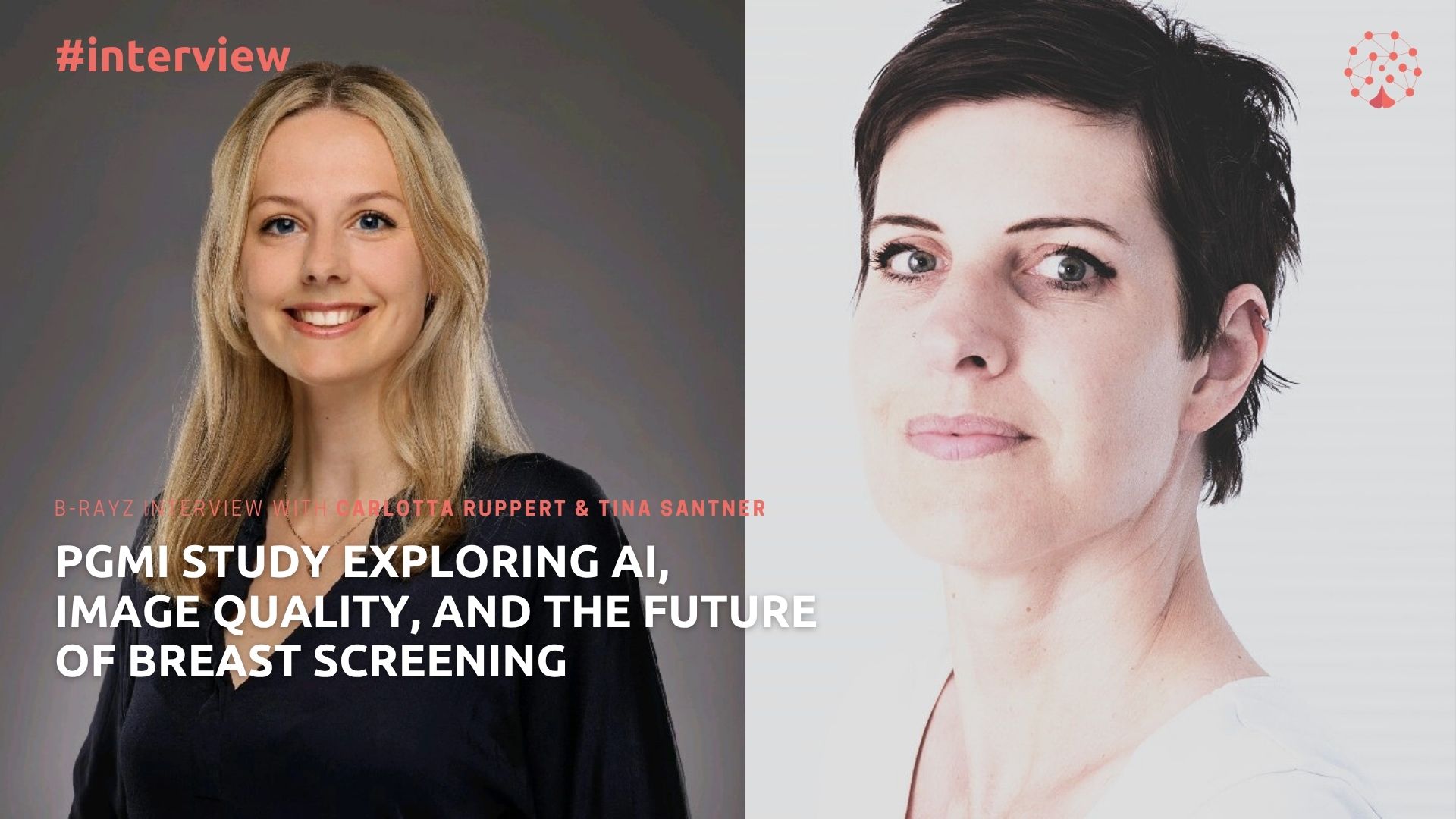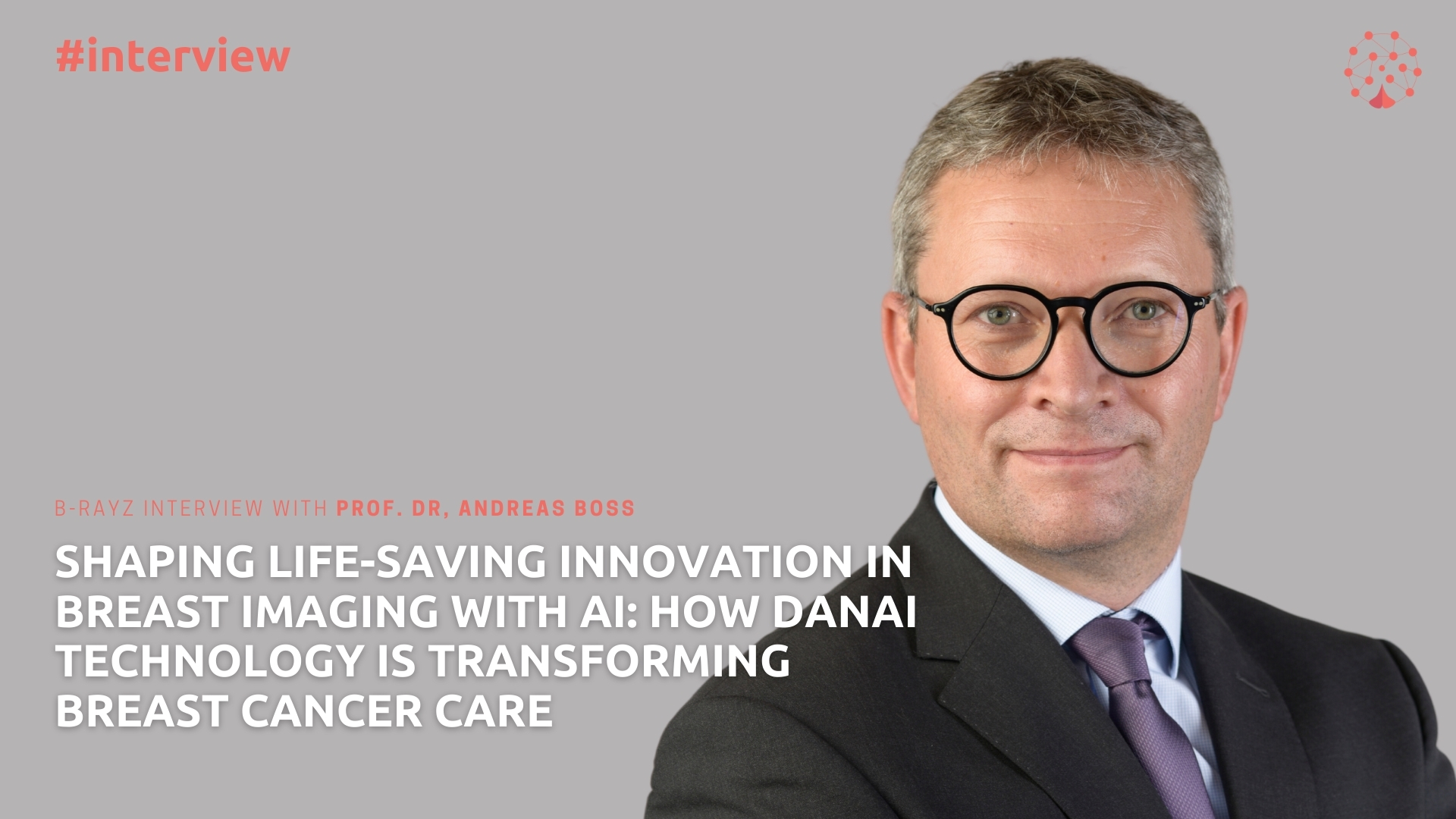Our healthcare system is creaking under the pressure of multiple strains: lack of personnel, cost pressures, and the aftereffects of a global pandemic. Artificial intelligence (AI) could make the future of medicine more efficient, precise and safe – and at the same time drive the systemic changes that are so urgently needed. What tasks are self-learning systems taking on now, and what could they potentially do in the future? We give an overview of the situation.
AI in the future of medicine: Where do we stand today?
Digitization is on the rise across all sectors and industries, and healthcare is no exception. And there are a few surprises in store for us. While it was just a few years ago that use of artificial intelligence (AI) in medicine was being dismissed as a utopic dream, or mere hype, it is now seen as the future of medicine. Diagnostic imaging, for example, is already making use of intelligent software to improve image quality and ensure we are fully exploiting the technical potential of our medical devices. Economic data also clearly point in one direction: Even back in 2018, around 2.1 billion USD in turnover was generated worldwide through the use of AI in healthcare. Market revenue is projected to rise to over 16 billion USD by 2035.
How does AI in healthcare work?
What even is AI? In general, this term describes algorithmic systems which can solve previously defined tasks. The area of AI that is relevant for the future of medicine is called ‘machine learning’. We can make a rough distinction between two approaches here:
- in “monitored learning”, a large amount of data is fed into the software to train it to recognize certain patterns – for example, to decide on the basis of CT images whether or not a patient has lung cancer. Once the learning phase is complete, the software can work independently to classify new images.
- In the case of “unsupervised learning”, the software is given an algorithm in addition to the data sets so that it can train itself to recognize structures by using repeated applications. For example, the software can be presented with the task of assessing healthy and sick cells by following certain patterns or assessing for similarities.
AI algorithms are often based on so-called “artificial neural networks”. Similar to the nervous systems of animals, these networks consist of several interconnected units (“neurons”) that can process information. In particularly complex cases, we can also come across the term “deep learning”. This means using multilayered neural networks to process multidimensional input data, such as the data generated in the field of image recognition.
What advantages could AI bring for the future of medicine?
Today, time pressures and staff shortages often determine what the working day in hospitals and medical practices looks like. Routine services in particular tie up a great deal of resources which are lacking elsewhere. It is not efficient to have the human brain attending to services which it is not designed for. When it comes to juggling data sets or creating statistical models, computers can get things done much faster, and make far fewer errors than we do.
Artificial intelligence is continuing the trend toward digitization, moving it onto a new level. Repetitive tasks such as reviewing MRI scans or evaluating histology findings could be delegated to AI applications in the future of medicine. This would free up more time for healthcare workers to make medical decisions or to have discussions with patients: a win-win situation for everyone involved.
Where could AI be used in the future of medicine?
In the future, AI could transform medicine on every level, supporting both preventive and diagnostic medicine, as well as treatment. Great hopes are particularly pinned on AI at present for the following areas of application:
1. AI in diagnostic medicine
Especially in the field of medical imaging, there is huge scope for applying artificial intelligence. In an experimental setting, self-learning systems are already able to detect melanomas with higher accuracy than trained dermatologists, as demonstrated in this study in 2019. In the future of medicine, AI-based software could automatically trawl through X-ray, MRI or CT imaging looking for abnormalities, taking the strain off radiologists and radiology technicians (MRTAs) by eliminating these time-consuming routine tasks. Analysis of histology findings is a similar time sink, and could also be delegated to AI systems.
2. AI for planning personalized treatments
Even today, self-learning algorithms are reported to predict with a high level of precision whether patients will survive chemotherapy, for example. By bringing large datasets together and applying complex statistical models, self-learning systems are able to not only make predictions about the course of a disease in the future, but also use this data to develop tailor-made plans for prevention and treatment.
3. AI to support surgeons
Increasingly, self-learning systems are also supporting surgeons in their work. Especially when combined with robotics and augmented reality (AR), medical AI systems have immense potential in the future for ensuring operations are even better planned and can be implemented with even greater precision.
4. AI in medical research
Another field in which AI has already proven itself as a key player in the future of medicine is research for new drugs. One application of algorithm-based systems, of many, is to help researchers to identify targets for intervention and to support them in searching for suitable drug candidates.
How is artificial intelligence changing healthcare?
Modern medicine faces the dilemma: on the one hand, digitization produces a flood of data; on the other hand, there are insufficient resources to make meaningful use of that data. By applying AI in medicine it will be possible to close this gap in the future. This will also fundamentally change how we organize our healthcare systems, as self-learning software is not necessarily tied to medical practice. For example, patients could install these applications on their smartphone, saving them from the occasional visit to the doctor.
Taking a global view, AI systems could ultimately benefit people who do not yet have adequate access to healthcare. The enormous efficiency gains to be had would be a true godsend. Aid organizations, for example, could use intelligent software to better guide their decisions as to which of their many patients require further treatment.
Will AI replace our doctors?
But won’t doctors be made obsolete due to AI being used in the future? This fear is unfounded. Algorithms are only able to solve defined tasks, but are not capable of complex thinking or providing that all-important human approach. For this reason, AI will not replace our healthcare staff, but rather will relieve pressure on them by eliminating routine tasks so that they have more time for actually working with patients.
It goes without saying that AI systems are not perfect and can make mistakes. As such, human supervision will continue to be vital and very much still a necessity in the future. There is particularly great potential in the area of organized cooperation between humans and artificial intelligence, also known in technical language as “human-in-the-loop”, as this study has shown, for example.
What legal and ethical standards must AI meet in the medical field in order to become established in the future?
Lest we forget: the use of AI in the future of medicine raises highly complex legal and ethical questions, and work on teasing out all these legal and social issues has only just begun. The main challenges relate to the following areas:
- Data protection: It can be tricky to develop and apply self-learning software due to the constraints of data protection law as health data is subject to special protections under the European General Data Protection Regulation (GDPR).
- Liability and medicolegal issues: How can we guarantee the reliability and safety of AI applications in the future of the medical field? Who is ultimately responsible for diagnostic or treatment decisions made by an AI application? Issues like these will play a key role when considering approvals for AI applications as medical devices.
- Non-discrimination: AI systems will take any kind of error in a dataset on board, including any biases or prejudices, and will compound these errors. Critics of AI fear that this could lead to vulnerable groups being disadvantaged.
Regulators will still have to tease apart a great many complex issues in this area, and will have plenty of consulting work in the future.
Overall, however, AI just as we are already applying it at b-rayZ seems to be on a victory march toward shaping the future of medicine. By harnessing cooperation between humans and artificial intelligence, all parties involved will ultimately benefit: healthcare workers, as many of their time-consuming ‘production-line’ tasks can be eliminated; patients, because they will benefit from more precise, faster diagnoses as well as personalized treatments; and last but not least, the general public, as more efficient treatments also cost less.








